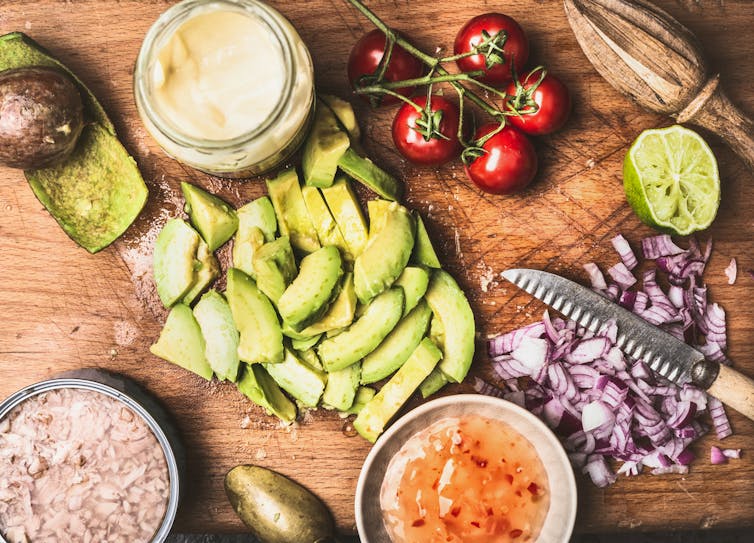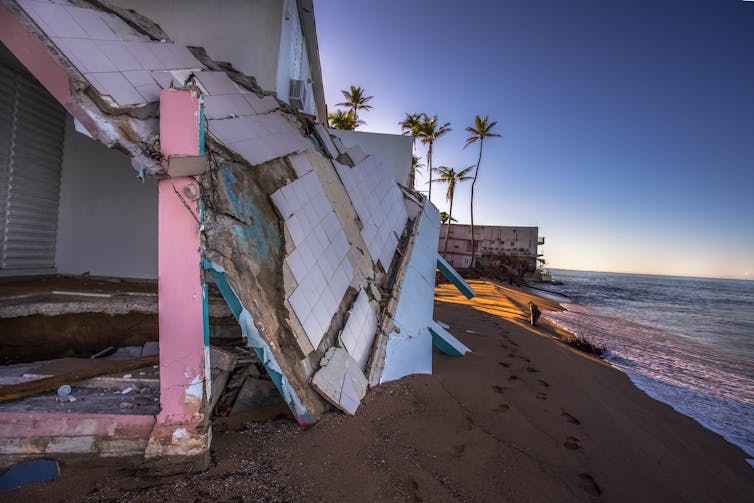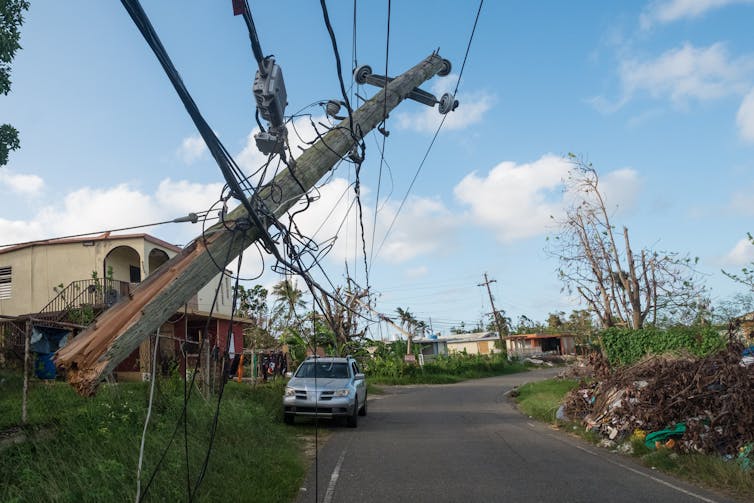Is a vegetarian diet really more environmentally friendly than eating meat?

Beef from Brazil, avocados from Mexico, lamb from New Zealand, wines from South Africa and green beans from Kenya – food shopping lists have a distinctly international flavour. And with many questioning the sustainability of importing so much food from so far away, we are beginning to ask if switching to a vegetarian diet to cut emissions caused by meat production is as sustainable as one might think.
The influence of the global trade of food on local diets and cultural choices has exploded over recent years. Food supply chains operate globally and deliver rural produce to nearly 4 billion people now living in cities and towns. It was this principle that established the world’s first agricultural research station some 150 years ago when the founders of Rothamsted saw the potential of the agricultural land surrounding London to supply a growing urban population. In the 21st century, the whole world can be your bread basket.
Many are conscious of what they eat – both from a health and environmental perspective. But what is the impact of this? We’re increasingly encouraged to eat less meat to tackle climate change. And meat consumption, in the European Union at least, has reduced and stabilised at around 42m tonnes over the last 15 years. There are also now new labels for different types of meat eaters: flexitarians (only eat meat sometimes) or the reducetarian (aim to eat less meat) that reflect the ways different groups are trying to cut down.

But what about all those fruit, vegetable and staples crossing the globe – can we really label them as more sustainable than eating meat? The growth of ethical food purchases now make up close to 10% of grocery purchases in the UK, which is double that of tobacco. But in addition to the impact of air miles, global land and resource use determine the sustainability of the food we eat – food production can destroy or displace natural resources in order to supply growing demand. Changing land use to expand avocado production in Mexico, for example, is displacing the rainforest. Or the devastating impact of non-certificated palm oil, used in food but also a whole host of other products. And then there is the issue of food wastage.
Measuring the sustainability of food
However, the first thing we need to be able to do is measure the environmental impact of the food we eat. We can do this for different food supply chains using carbon footprinting methods. The difficulty is that consumers choose foods based on what they like – and this frequently changes but rarely considers the impact of climate change.From this we can say that a vegetarian diet does deliver a decreased carbon footprint. But it also shows us that food miles and global distribution can be the least of our problems. This is because food wastage can be up to 20% of food purchases and food losses across the supply chain can be far greater than this. Food waste in turn increases the carbon footprint which counters the positive gains. And perishable fresh fruit and vegetables are more likely to be thrown away than fresh meat and fish.
So is vegetarian really best?
Ultimately, we cannot say that eating a vegan or vegetarian or meat diet is any better for the environment. This is because all can be appropriate if production systems are sustainable, there is no waste and positive health outcomes are achieved. There are clearly trade-offs in choosing foods. Air freighting of green beans from Kenya into the UK was seen as unsustainable because of air miles but it also supports up to 1.5m people and livelihoods in some of the poorest regions of Sub-Saharan Africa.
It’s not just meat that increase greenhouse gases. Rice – produced on 163m hectares, around 12% of the global arable area – has one of the greatest plant carbon footprints because it produces a lot of methane. But a fall in production of rice is not only unlikely, it could also disrupt greenhouse gases held in the soil. But there are different ways to do things – draining off paddies at particular times in the growing season, for example. Or using different fertilisers or rice varieties that are less susceptible to the heat.
The best way forward?
Consumers need to understand trade-offs and to keep up to date on information of what is best to buy. It is important to spot food trends, for example, and project any sustainability impacts. The number of gluten-free products available is doubling year-on-year in Europe and the US. This has resulted in an increase in the consumption of plant proteins from beans and lentils. These kinds of foods are arguably more eco-friendly than meat but – whatever your thoughts about gluten-free eating – it will change how protein crops are distributed globally and may divert pulses or increase the price of them for countries such as India that depend of non-livestock proteins.Sustainability certifications have changed how we shop, giving us guidance on ethical purchases including sustainable fishing, rainforest produce and so on. This is one way to make sure that what you eat is less damaging and/or helps sustain livelihoods and good agricultural practices.
But it is day-to-day food waste – both at home and in supply chains – that can make any diet unsustainable whether you choose to be vegan, vegetarian, a meat eater or a combination of these. Different preservation formats can reduce food waste to zero. In the case of frozen food we know food waste can be halved compared with fresh foods – less of it is thrown away. Despite what you might think, frozen compares well to fresh and can be just as nutritious.
We all choose foods based on what we like, what we can access and what we can afford. But continued surveillance and interest in sustainable production will mean we can buy produce we know has a better supply chain. There isn’t currently a certification that shows food produced with less waste (there should be), but we can aim to cut down our own and keep up with suppliers who show better commitments.
We might have an avocado – but maybe not five in a week. And of course we can source more food locally and seasonally as well as considering preserved options if we want to cut down on air miles. Like eating less meat, there are ways to make your footprint better.
Wayne Martindale, Senior Research Fellow, Corporate Social Responsibility, Sheffield Hallam University
This article is republished from The Conversation under a Creative Commons license. Read the original article.


